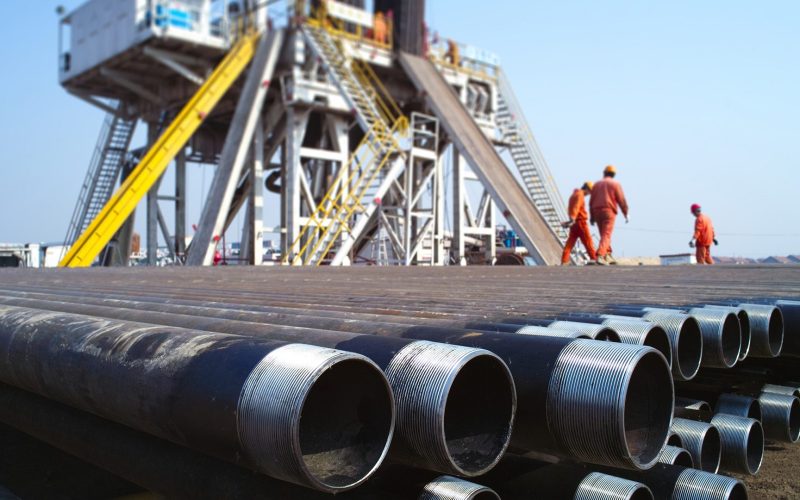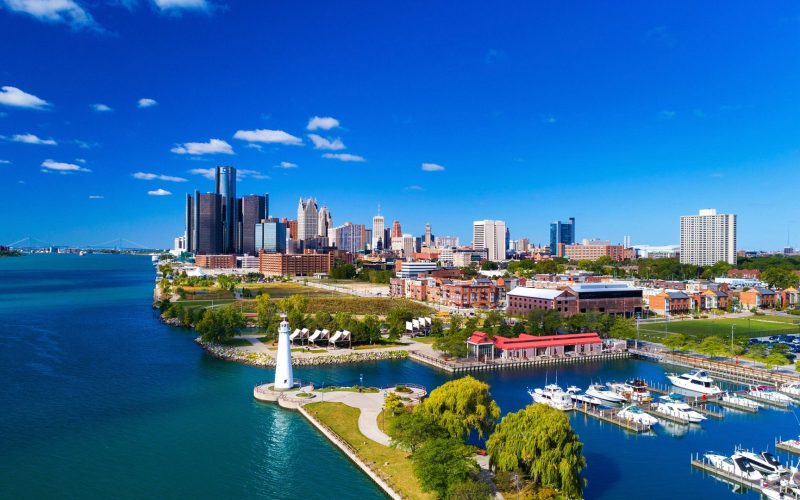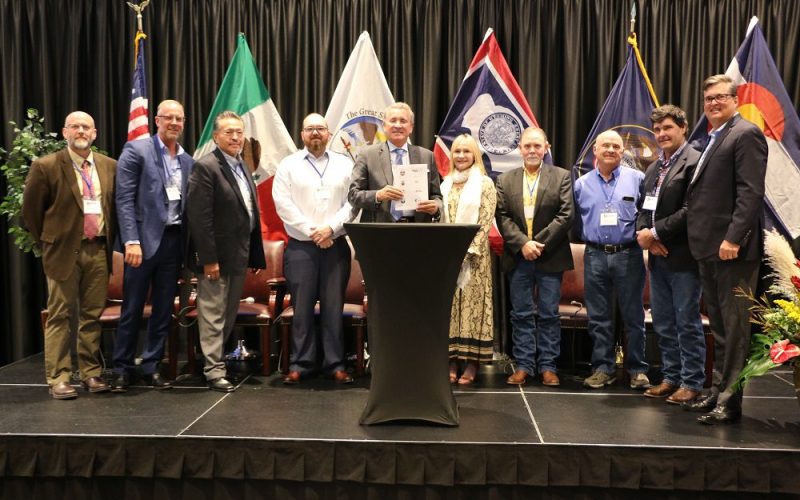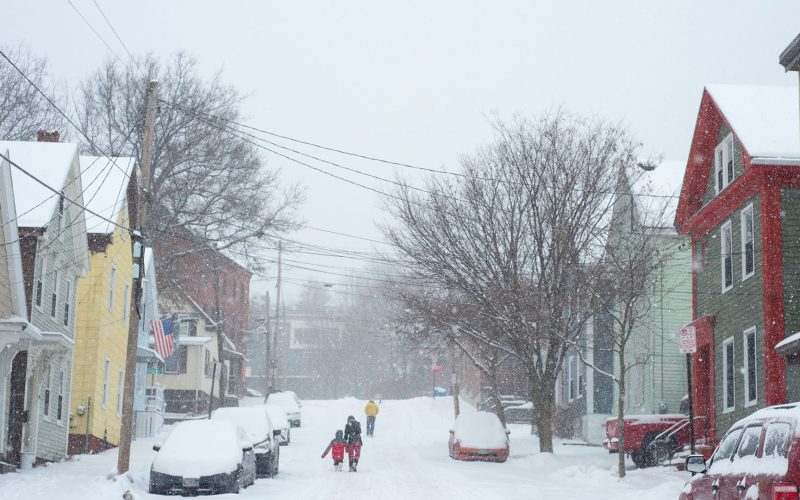THE VOICE FOR THE ENERGY CONSUMER

To understand the impact of ill-advised decisions by Cuomo on New Yorkers, look no further than Craig Stevens piece in the New York Post about the increasing denial of hook-ups,.

Trio of bills destined for nowhere threaten American energy security WASHINGTON- A trio of House bills (H.R. 205, H.R. 1941 and H.R. 1146) that propose eliminating U.S. energy exploration off.

Cuomo’s battle against energy and pipelines is one that will not end well for consumers. “In formulating sound energy policy, however, we must remain practical. My primary point is that.

From agribusiness to airlines, every aspect of Georgia’s economy depends on energy. Our lawmakers should continue to support the push for American energy dominance, not blanket energy bans that will.

Georgians Need Smarter, More Capable Electric Infrastructure to Ensure Reliability and Keep Prices Low Making Investments Today, to Improve Tomorrow You may not realize it, but we are asking more.

If you want to know what the future of the “Green New Deal” looks like, look no farther than the unfortunate consumers in New York City who can’t get a.

New Mexico’s oil and gas industry boom is expected to continue growing at record rates. With that, infrastructure across the state will be needed to ensure energy can reach homes.

CEA Michigan State Director, Chris Ventura discusses why it’s important for Michigan Attorney General Dana Nessel to provide the facts of Line 5 to voters: If Nessel fairly communicated both.

VERNAL, Utah – Western States and Tribal Nations (WSTN), an initiative led by sovereign tribal nations, states and counties to advocate for rural economic development and a cleaner environment through.

Angela M. O’Connor, former chair of the Massachusetts Department of Public Utilities and energy industry expert, explained how New York Governor Andrew Cuomo’s bad energy policies are hurting New Englanders.